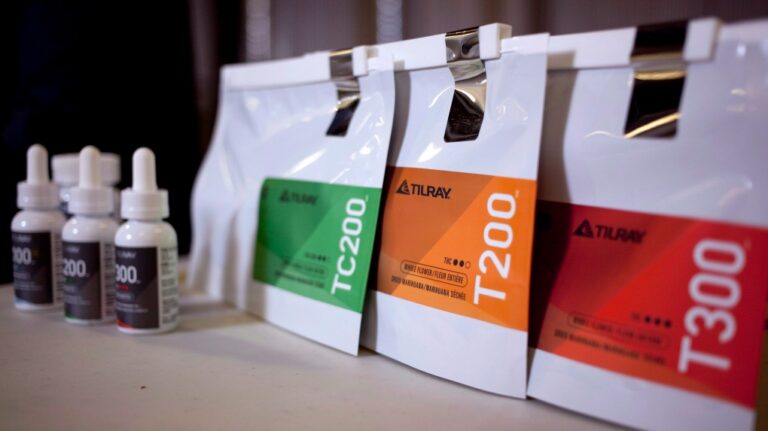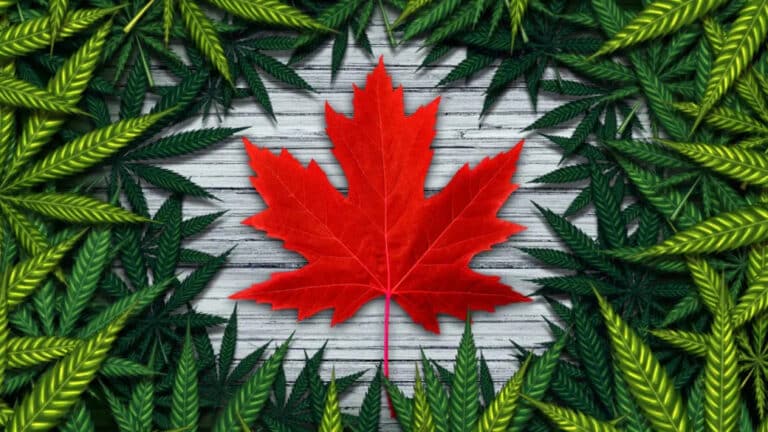The most recent iteration of Apple’s iPhone software gives consumers the option to keep track of their prescriptions and discover any potential drug interactions, including those with cannabis.
The technological behemoth has steadily altered its policy over the years to generally line with the normalization of cannabis as the campaign toward its legalization has progressed. The iOS 16 update to Apple’s Health app is the most recent illustration.
For the Health app to look for “possible interactions between medications on your list,” users can specify if they consume alcohol, cannabis, or nicotine.
The prescription and interaction information is “evidence-based content licensed from Elsevier, a major publisher of health and science information,” according to a footnote on Apple’s news release about the Health app update from last week.
The software company advises that “the Medications function should not be used as a substitute for expert medical decision.” Users should consult their healthcare professional before making any decisions about their health, even though additional information is accessible on the labels of prescriptions.
Despite the fact that marijuana is still banned on a federal level, a number of studies that have been published over the years indicate that it may interact with medications like warfarin. Nearly 400 “known” interactions between marijuana and prescription medications, 26 of which are classified as “major,” according to Drugs.com.
The labeling of marijuana products is necessary in many places that have legalized the drug for either medical or recreational use in order to inform customers about potential health hazards. The majority of those cautions are on drunk driving and common side.
Although Florida’s medical cannabis law mandates that labels identify any potential contraindications, it is unclear from what source health officials obtain this list.
In any event, the Apple update that includes cannabis alongside the federally permitted drugs alcohol and tobacco is a further illustration of how marijuana is becoming more commonplace in Big Tech.
Apple no longer prohibits cannabis businesses from operating on its App store, as of last year. Eaze, a marijuana delivery service, subsequently declared that customers could now make purchases and make payments using its iPhone app.
Another indication that large tech companies are embracing cannabis’s political and social ascendance is Amazon’s recent statement that it will stop testing employees for cannabis use.
However, several firms in the tech sector have a rocky history with the cannabis sector.
In an effort to increase public awareness of the state’s legalization efforts, New York marijuana officials earlier this year urged the social media app TikTok to lift its prohibition on using the term “cannabis” in advertisements.
State-legal cannabis businesses, advocacy organizations, and governmental bodies like the California Bureau of Cannabis Control have claimed on Facebook that they have been “shadow banned,” meaning that their profile pages do not appear on a typical search. In 2018, there were rumors that the social media behemoth will relax its harsh cannabis restrictions, but it’s not clear what actions have been taken in that direction.
The same issue arises on the Facebook-owned Instagram, where users have repeatedly claimed that their accounts were removed by the app due to content related to marijuana, even if they weren’t promoting the use or sale of cannabis.
When users of the social media platform search for “marijuana” or specific other substance-related keywords, Twitter began collaborating with a federal drug agency to promote substance misuse treatment resources in 2020; however, no such health warning is displayed with results for alcohol-related terms.
Unlike Apple, Google’s Android app hub revised its guidelines in 2019 to specifically forbid services that connect users with cannabis, regardless of whether it is permitted where the user resides.
Despite the fact that marijuana businesses are prohibited from using Google’s app store, some of the company’s senior executives feel very optimistic about relaxing cannabis regulations. In 2016, at a meeting following an election, Google co-founder Sergey Brin made light of the idea of giving staff cannabis.



